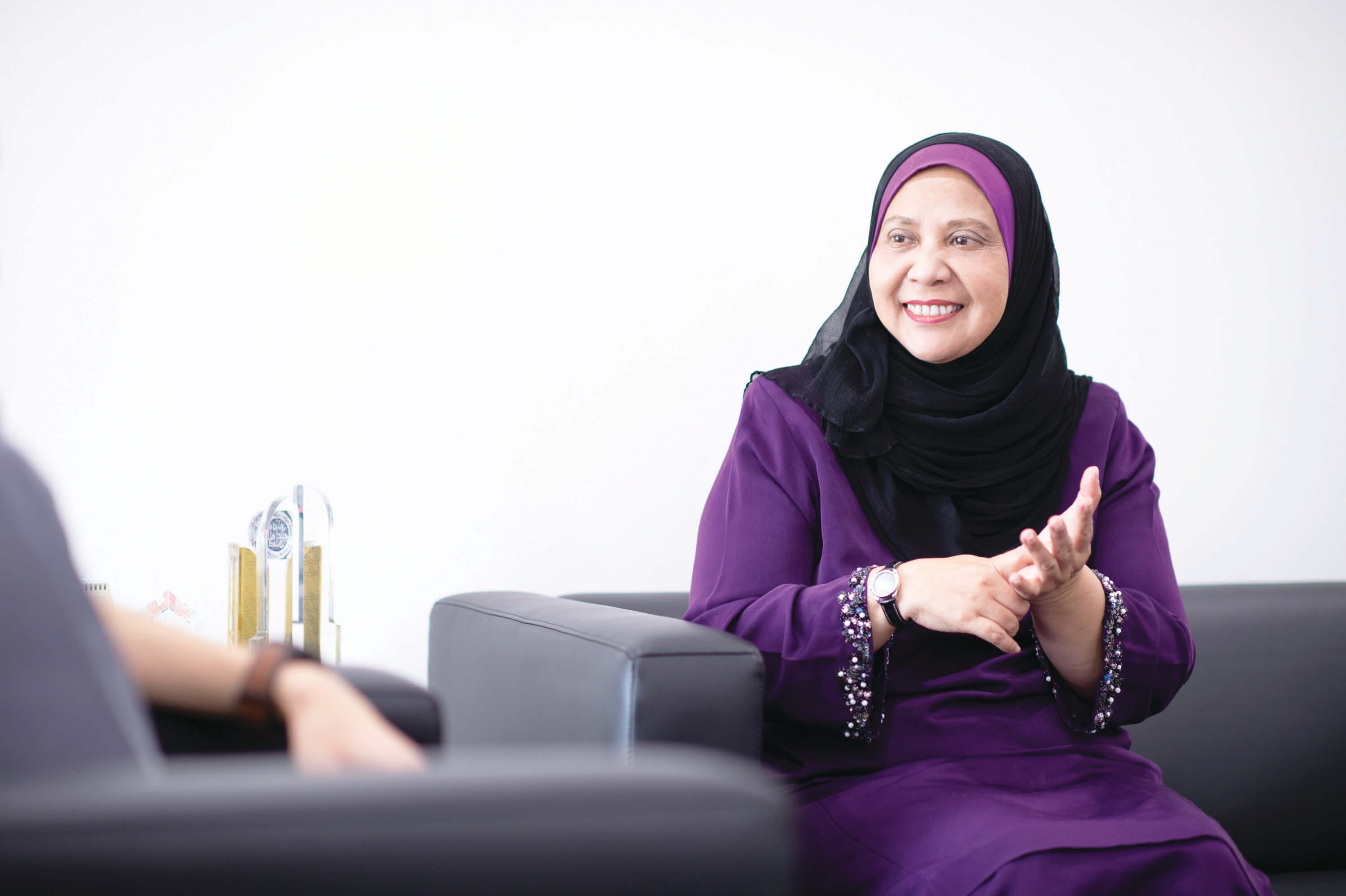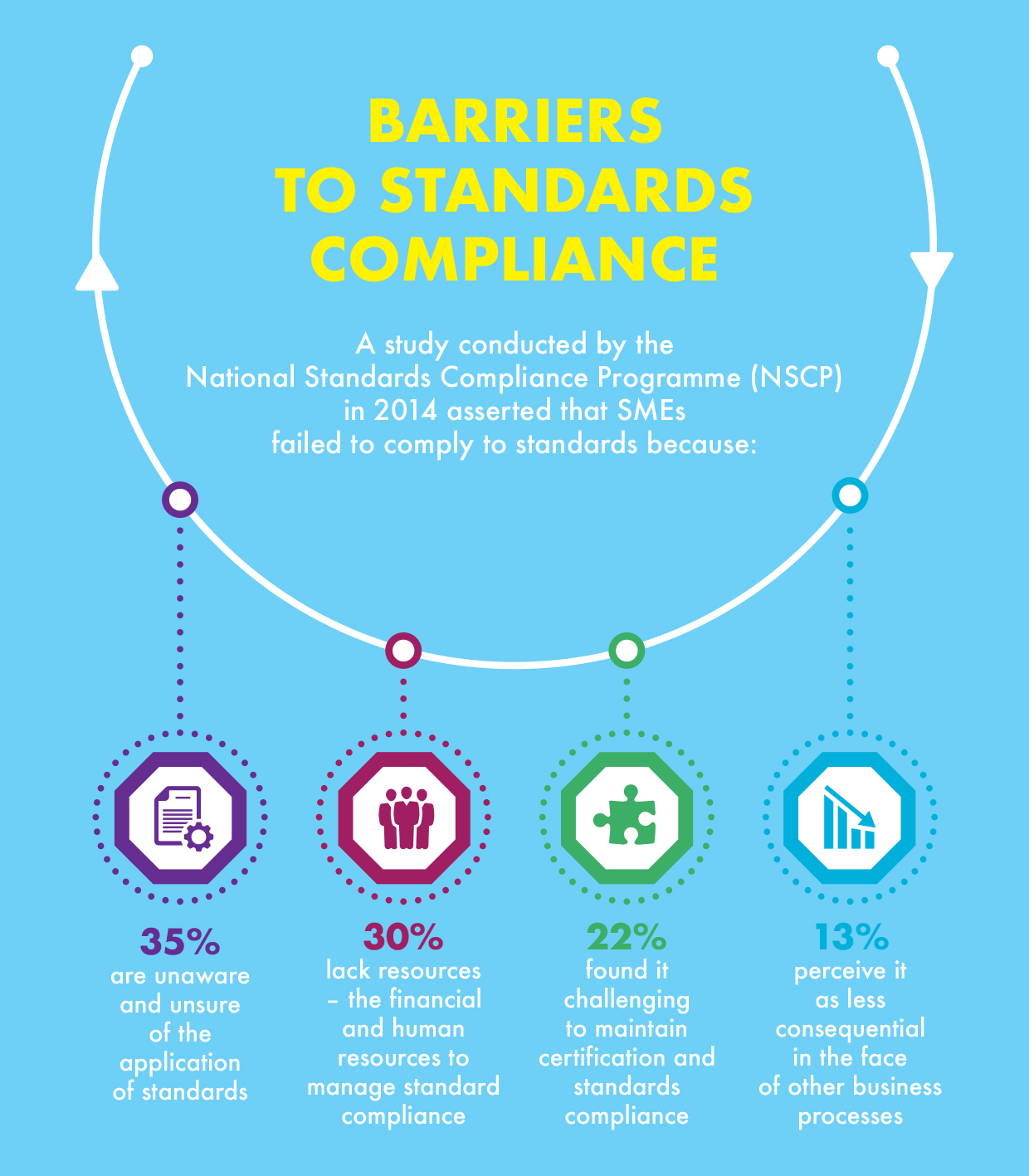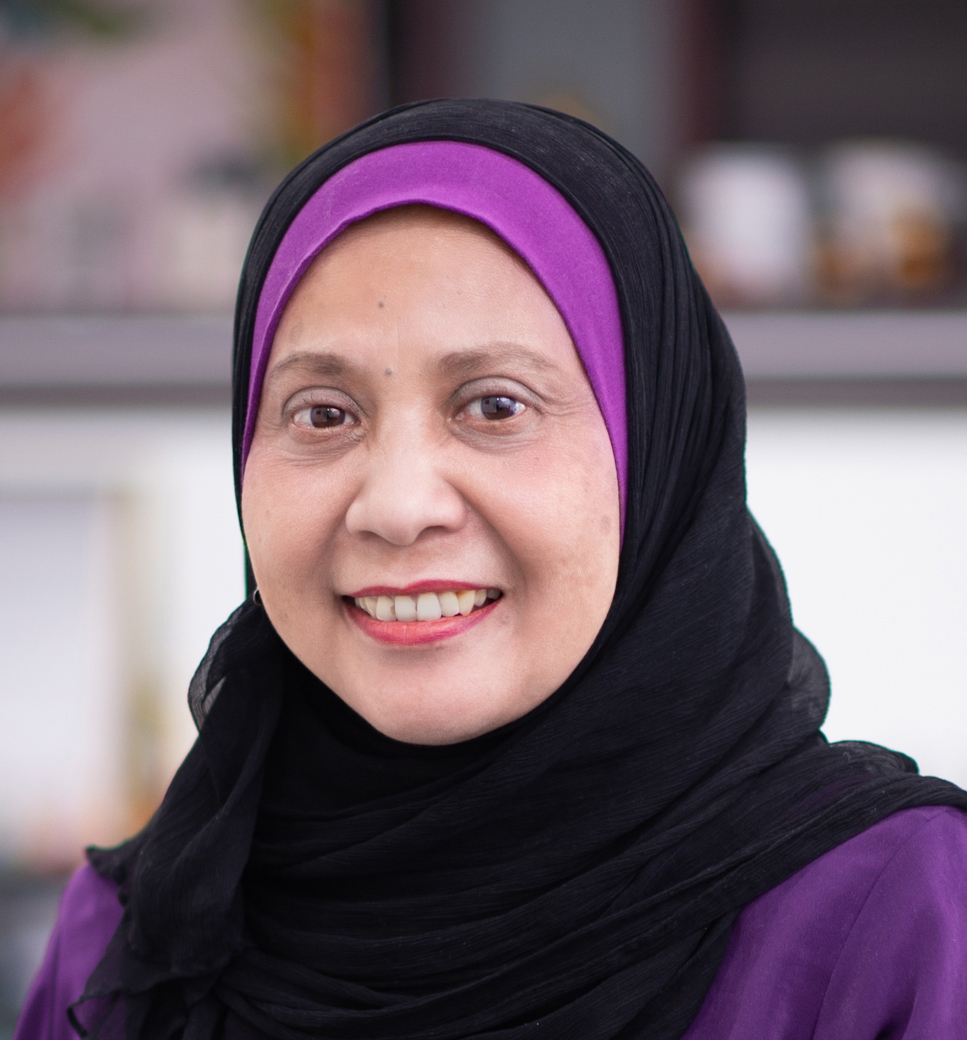Cover Story
Defying Odds: Upholding Standards for Nationwide Advancement
Fourth Leap’s Jamie Axel has a conversation with Datuk Fadilah Baharin, Director General of Standards Malaysia on uphill battles, small victories and major triumphs in a bid to encourage nationwide standards compliance.

Datuk Fadilah Baharin - Director-General, Department of Standards Malaysia
Standards Malaysia is a National Standards and Accreditation Body under the purview of the Ministry of International Trade and Industry (MITI) to produce Malaysian Standards (MS) as guidelines and specifications for industrial compliance. This is to ensure safe, secure, reliable and quality products and services for the market.
While Standards Malaysia is non-regulatory, they work in tandem with regulators to smoothly facilitate and enforce the implementation of the Malaysian Standards for global competitiveness. Generally, their goal is to advance the national economy; benefit the health, safety and welfare of the public; protect consumers; promote industrial efficiency and development; facilitate domestic and international trade and further international cooperation.
Within the ASEAN region, Standards Malaysia stands as part of the ASEAN Consultative Committee for Standards and Quality (ACCSQ) to harmonise standards and regulatory regimes apart from establishing Mutual Recognition Agreements among ASEAN member states. This translates to the reduction of transaction costs and facilitate trade and movement of goods between ASEAN countries. Generally, countries within the ASEAN Free Trade Area (AFTA) stand to benefit as standards ensure that the products traded are of quality and competitive.

Business leaders should be visionaries and anticipate change in order to guide their organisations in the right direction.
No Walk in the Park
Datuk Fadilah Baharin radiated wisdom and enthusiasm, beaming as it was a special day – the World Standards Day 2019, on October 14, holds a special place in her heart. It commemorates all that she and her team had strived for throughout her years. Now, with more than 5,000 standards available across 25 sectors, she reminisces about the challenges she faced when she was first appointed into her role.
While import-export businesses understand the importance of adopting standards, the uphill battle comes in dealing with the Small Medium-sized Enterprises (SMEs). “This journey is a journey of listening. SMEs are subjected under the constant pressures of bottom lines and economies of scale and one has to learn to speak their language,” shared Fadilah.
“People are resistant to change and naturally gravitate towards instant gratification and rewards,” she said. “SMEs need to know that standards can help them establish required processes and best practices to increase productivity through better utilisation of those processes.”

As she reaches the zenith of her career, things seem to fall into place seamlessly. Yet this wasn’t the case in the beginning. Another seemingly insurmountable challenge was to get everyone on board at the very beginning, with one heart and one mind. Scepticism did not just stem from enterprises but also festered within regulatory bodies. Now, however, she thanks all 16 regulators that work collaboratively to ensure safe and quality products and services are delivered.
These regulators are the Federal Agricultural Marketing Authority (FAMA), Medical Device Authority (MDA), Malaysian Palm Oil Board (MPOB), Malaysian Cocoa Board (LKM), Ministry Of Domestic Trade And Consumer Affairs (KPDNHEP), National Water Services Commission (SPAN), Construction Industry Development Board (CIDB), Local Government Department, Federal Department of Town and Country Planning (PLANMalaysia), Fire and Rescue Department of Malaysia (BOMBA), Malaysian Communications and Multimedia Commission (MCMC), Department of Occupational Safety and Health (DOSH), Energy Commission (ST), Department of Environment (JAS), Road Transport Department Malaysia (JPJ) and Food Safety and Quality Division, Ministry of Health.

Standards provide quality and safety assurances to consumers while giving businesses a competitive edge.
Long Term Benefits to Accreditation
In order for businesses to differentiate themselves from their competitors, it is important to have standards and certifications not only as proof of reliable and quality products and services, but also to broaden market access, increase efficiency and meet customer and regulatory requirements.
A collaborative study done in 2012 by the United Nations Industrial Development Organization (UNIDO), International Organization for Standardization (ISO) and the International Accreditation Forum (IAF), proved that the implementation of accredited certification to ISO 9001 benefited not just the certified organisations but also their customers and economies. An ISO 9001 supplier is viewed in a positive light by customers and generally said to be “much better than non-certified suppliers”.
Furthermore, the Government also offers many tax incentives in the form of tax deductions for Assessment Fee, Annual Fee and other fees imposed by the Certification Bodies (CBs). Certified organisations are also entitled to double tax deduction.
The Fourth Industrial Revolution (4IR) brings about changes that are unprecedented. SMEs need to be aware that standards act as a guarantee that products are functional and compatible, prioritising interoperability to facilitate businesses and support consumer safety in the 4IR.
Standards also provide baseline information on current technologies and developments related to a particular subject matter that can support and enhance the implementation of 4IR. Furthermore, it serves as an important tool for components and systems to recognise and communicate with each other as it narrates the required technical requirements and definitions to enable connectivity and interoperability.

Standards enhances interoperability, ensures adherence to internal requirements and best practices.

Standards enhances interoperability, ensures adherence to internal requirements and best practices.
Standards Implemented for 4IR Readiness
MS ISO 27001 Information Security Management Systems (Information Security)
- Provides best practices to data protection, sharing and connectivity
- As a certifiable standards and most widely used for information security globally
On Feb 2010, the cabinet decided that Critical National Information Infrastructure (CNII) entities of Malaysia be certified under MS ISO/IEC 27001
ISO 20022 Financial Services Universal Financial Industry Message Scheme (Message transport system for real-time payment)
- Widely used to facilitate financial transactions
- PayNet Network Malaysia uses ISO 20022 for real-time payment platform to enhance interoperability and alignment with global practices
Bank Negara Malaysia (BNM) is PayNet’s single largest shareholder, with eleven Malaysian’s financial institutions


